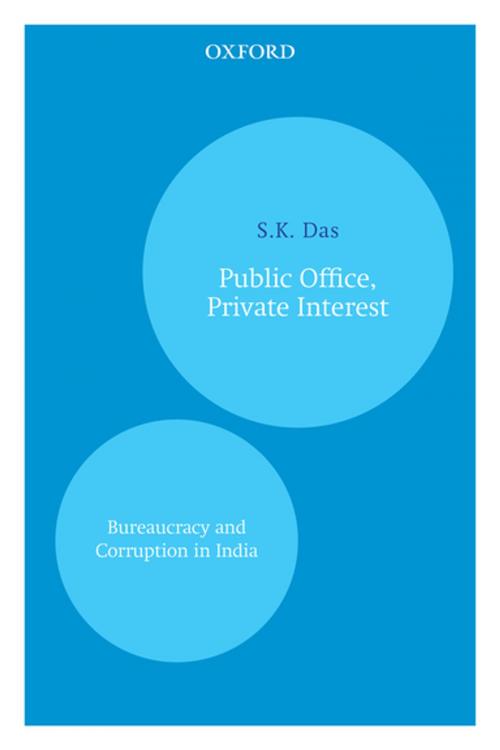Public Office, Private Interest
Bureaucracy and Corruption in India
Nonfiction, Social & Cultural Studies, Political Science, International, Foreign Legal Systems, Business & Finance, Industries & Professions, Industries| Author: | S.K. Das | ISBN: | 9780199087693 |
| Publisher: | OUP India | Publication: | December 11, 2000 |
| Imprint: | OUP India | Language: | English |
| Author: | S.K. Das |
| ISBN: | 9780199087693 |
| Publisher: | OUP India |
| Publication: | December 11, 2000 |
| Imprint: | OUP India |
| Language: | English |
This volume is about political corruption and the use of public office for private gain in India. A merit-based bureaucracy was launched in the nineteenth century to control corruption. This system with its pay structure that rewarded civil servants for honest effort was seen as the best solution to political corruption. It was based on the assumption that if merit was made the basis of administration, it would exclude private interest. However, the merit-based civil service system failed to restrain corruption because the ruling politicians had preferences on how to use a public bureaucracy and these preferences translated into an incentive structure, which governed the behaviour of civil servants. The author proposes an alternative paradigm—the New Public Management Modelߞwhich is being implemented in Great Britain, Australia, New Zealand, and Sweden.
This volume is about political corruption and the use of public office for private gain in India. A merit-based bureaucracy was launched in the nineteenth century to control corruption. This system with its pay structure that rewarded civil servants for honest effort was seen as the best solution to political corruption. It was based on the assumption that if merit was made the basis of administration, it would exclude private interest. However, the merit-based civil service system failed to restrain corruption because the ruling politicians had preferences on how to use a public bureaucracy and these preferences translated into an incentive structure, which governed the behaviour of civil servants. The author proposes an alternative paradigm—the New Public Management Modelߞwhich is being implemented in Great Britain, Australia, New Zealand, and Sweden.















